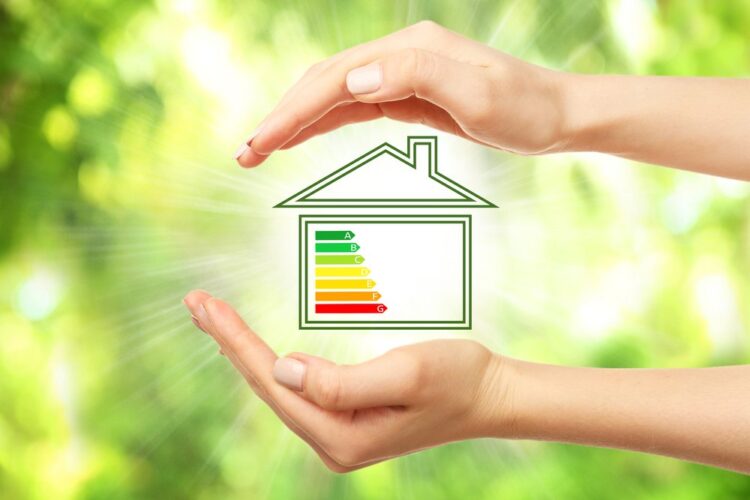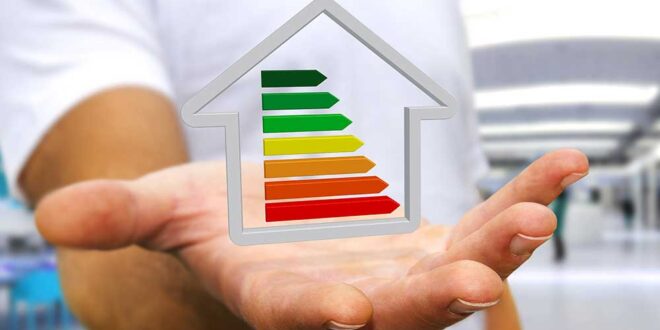In the quest for energy efficiency and cost savings, homeowners across the United States constantly seek ways to optimize their HVAC systems. One critical factor in achieving this goal is understanding SEER ratings – a measure of your air conditioner or heat pump’s energy performance during a typical cooling season.
Continue reading to explore the importance of SEER ratings, how they affect energy efficiency, and what you need to know when choosing the right rating for your specific needs.
Are you looking for a company that provides professional HVAC services in Northern Colorado? It would be best to consider contacting a company with a talented team, like IMS Heating & Air.
Understanding SEER Ratings
SEER ratings, also known as Seasonal Energy Efficiency Ratio ratings, measure the overall efficiency of an air conditioner or heat pump by calculating its cooling output over a typical cooling season and dividing it by the total energy consumption during that same period.
It represents the ratio of cooling output during a typical cooling season divided by energy consumption (expressed in watt-hours).
The importance of understanding SEER ratings cannot be overstated for homeowners across the United States. A larger SEER rating indicates a more energy-efficient appliance, which can lead to significant savings on utility bills and reduce environmental impact over time.
Moreover, investing in an efficient HVAC system with an appropriate SEER rating contributes positively not only towards conserving resources but also maintaining optimal indoor comfort levels throughout warm seasons.
How SEER Ratings Affect Energy Efficiency

SEER ratings, or Seasonal Energy Efficiency Ratio ratings, are critical in determining the energy efficiency of your HVAC system. The higher the SEER rating a unit has, the more efficient it is at cooling or heating your home while using less energy.
A higher SEER-rated AC system can reduce your energy costs by up to 20%.
For instance, suppose you have an air conditioner with a SEER rating of 12 and replace it with one that has a rating of 18. In that case, you could save about 33% on your utility bills during peak summer months when compared to an older model’s performance.
It is essential to note that climate also plays a significant role in choosing a suitable SEER-rated unit for your home.
Choosing The Right SEER Rating

While choosing the proper SEER rating, homeowners should carefully consider their climate and specific needs while balancing cost and energy savings.
Consider Climate And Specific Needs
When choosing the right SEER rating for your HVAC system, it’s essential to consider your local climate and specific needs. For instance, if you reside in a hot and humid area, you may want to go for a higher SEER rating of at least 14.
On the other hand, if you live in a relatively mild climate, you can consider going for lower SEER ratings of around 13.
It’s also crucial to consider other specific needs, such as your budgetary constraints and the size of your home when selecting the ideal SEER rating.
Balancing Cost And Energy Savings
Choosing the right SEER rating for your air conditioner or heat pump can be a balancing act between cost and energy savings. While higher SEER ratings generally lead to greater energy efficiency, they also come with a higher price tag.
It’s important to consider your climate and specific needs when making this decision. For example, if you live in an area with a long cooling season, it may make more sense to invest in a higher SEER rating since you’ll see greater savings on your energy bills over time.
When trying to choose the right balance between cost and efficiency, keep in mind that every home is different. What works best for one homeowner may not work as well for another.
That said, there are some general guidelines you can follow when selecting a SEER rating for your HVAC system.
Conclusion

As a homeowner, understanding SEER ratings and energy efficiency can help you make informed decisions when it comes to choosing HVAC systems. By considering factors such as your specific needs and climate, you can select the right SEER rating that balances cost and energy savings.
And by opting for higher SEER ratings, you’ll enjoy lower utility bills, reduced carbon footprint, and a longer lifespan of your HVAC equipment.
 Hi Boox Popular Magazine 2024
Hi Boox Popular Magazine 2024



